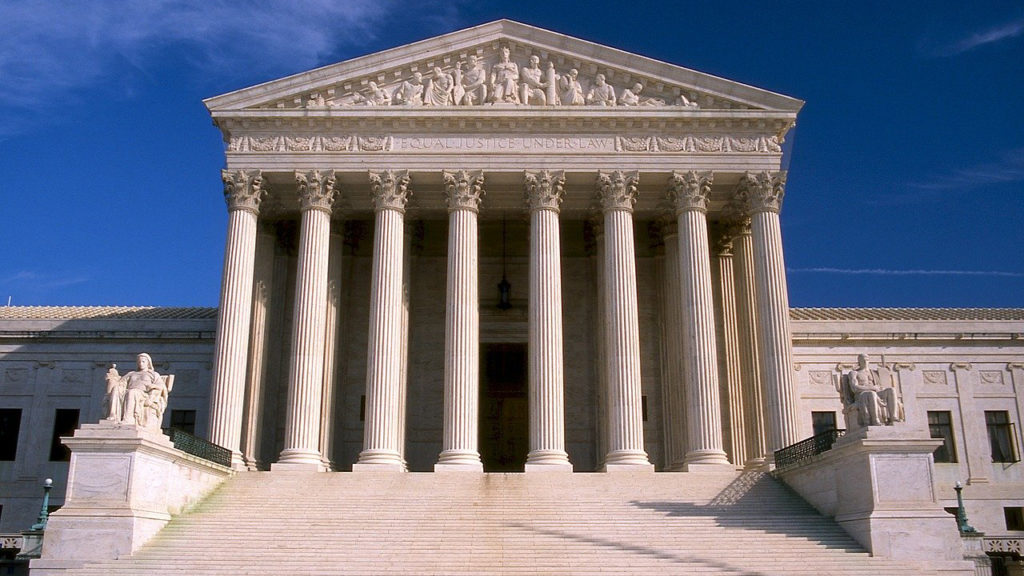COVID-19 Legislative Update

Editor’s note: This article was originally published by the Council on Foundations and re-posted here with permission. For more legislative resources, visit the Council’s website.
Congress Passes $2 Trillion COVID-19 Bill
The Coronavirus Aid, Relief, and Economic Security Act (CARES) Act—H.R. 748 (116)—was passed by the House and signed by President Trump today. The $2 trillion relief package will provide cash payments to individuals and families, grants and loans to help small businesses, state and local government stabilization support, funding for health care systems, and loans for corporations to help major industries mitigate the impact of the disruption of industries.
Final Bill Text and Congressional Actions Related to H.R. 748 (116)
Section by Section Explanation of The Bill
Highlights of the bill:
- Extension and expansion of unemployment benefits for workers who are laid off. They will be eligible to receive an additional $600 per week and an extended four months of compensation. Workers are protected because the bill creates a temporary Pandemic Unemployment
- Assistance program through December 31, 2020, to provide payment to those not traditionally eligible for unemployment benefits, including those who are self-employed or work in the gig economy
- Cash payments to individuals and families up to $1,200 for individuals earning up to $99,000 annually and $500 per child
- $10 billion in Small Business Administration emergency grants up to $10,000 in immediate relief for small business operating costs, $17 billion to cover six months of payments for small businesses with existing loans, and loans for small businesses, including rent, mortgage and utility costs eligible for SBA loan forgiveness
- A $500 billion Department of Treasury Exchange Stabilization Fund for loans, loan guarantees and other investments that save airline industry jobs and safeguards industries essential to national security but prohibits airlines from stock buybacks and CEO bonuses; and provides a Treasury Department Special Inspector General for Pandemic Recovery to provide oversight of Treasury loans
- $55 billion in increased aid to health care systems in addition to the $8.3 billion emergency coronavirus funding package passed on March 5
- Payments to municipalities and hospitals, including $150 billion for state, tribal and local Coronavirus Relief Funds
- Employee retention tax credit up to 50% of wages paid to encourage businesses to keep workers on payroll during the crisis
- A $30 billion Disaster Relief Fund to provide financial assistance to state, local, tribal and territorial governments as well as private nonprofits providing critical and essential services
- Income tax exclusion for people who are receiving assistance from their employer to repay their student loans
- $400 million to help states administer elections
- Delay of payment for employer payroll taxes that permits employers and self-employed individuals to defer payment of the employer share of the Social Security tax to be paid over 2021-2022
- $30.75 billion to provide emergency support to local school systems and higher education institutions to continue to provide educational services to their students and support the on-going functionality of school districts and institutions
- $25 billion in aid to our nation’s transit systems to help protect public health and safety to ensure people have access to jobs, medical treatment, food and other essential services.
Provisions that Support the Philanthropic Sector
The bill establishes a temporary universal charitable deduction provision for gifts up to $300 and the temporary suspension of percentage of AGI limitation for cash charitable contributions by individuals (as well as an increase in the limit for corporations). Additionally, the bill provides payment to states to reimburse nonprofits, government agencies and Native American tribes for half of the costs they incur through December 31, 2020 to pay unemployment benefits.
Funders will find the National Council of Nonprofits’ analyses of the coronavirus legislative packages for nonprofits useful for their grantees: Analysis of the March 19th Families First Bill and Analysis of CARES Act Benefits That Impact Nonprofits
Previous Coronavirus Relief Legislation
On March 6th, President Trump signed the first $8.3 billion package, H.R. 6074 (116)—Coronavirus Preparedness and Response Supplemental Appropriations Act, 2020, aimed at helping states and the federal government fight the coronavirus. A second package, H.R. 6201—Families First Coronavirus Response Act, was signed into law on March 18th.
What’s Next?
The next big challenge for the federal government will be to get the money out and into people’s pockets as soon as possible. Federal agencies will go into overdrive figuring out how to move the funding out of Washington to states and local communities.
Will there be more stimulus and relief funding? Top lawmakers have acknowledged it’s likely they will have to enact at least one more relief package to stabilize the economy. In a potential fourth relief package, there may be calls for regulatory reform, infrastructure plans to improve transportation and other core infrastructure needs like hospitals, roads, and broadband expansion. There could potentially be a push for clean energy investment and a reset of the rules on wages, leave and sick benefits, executive compensation, and stock buybacks. Should this package unfold, expect intense partisan posturing.
